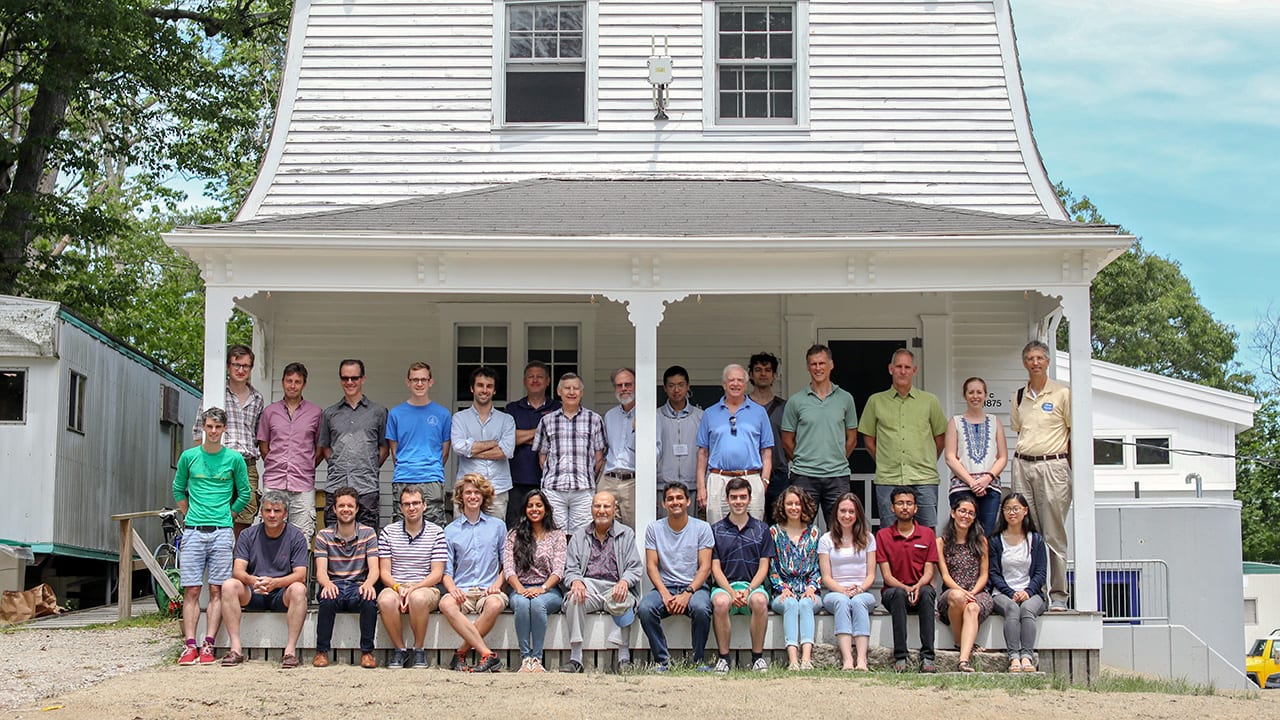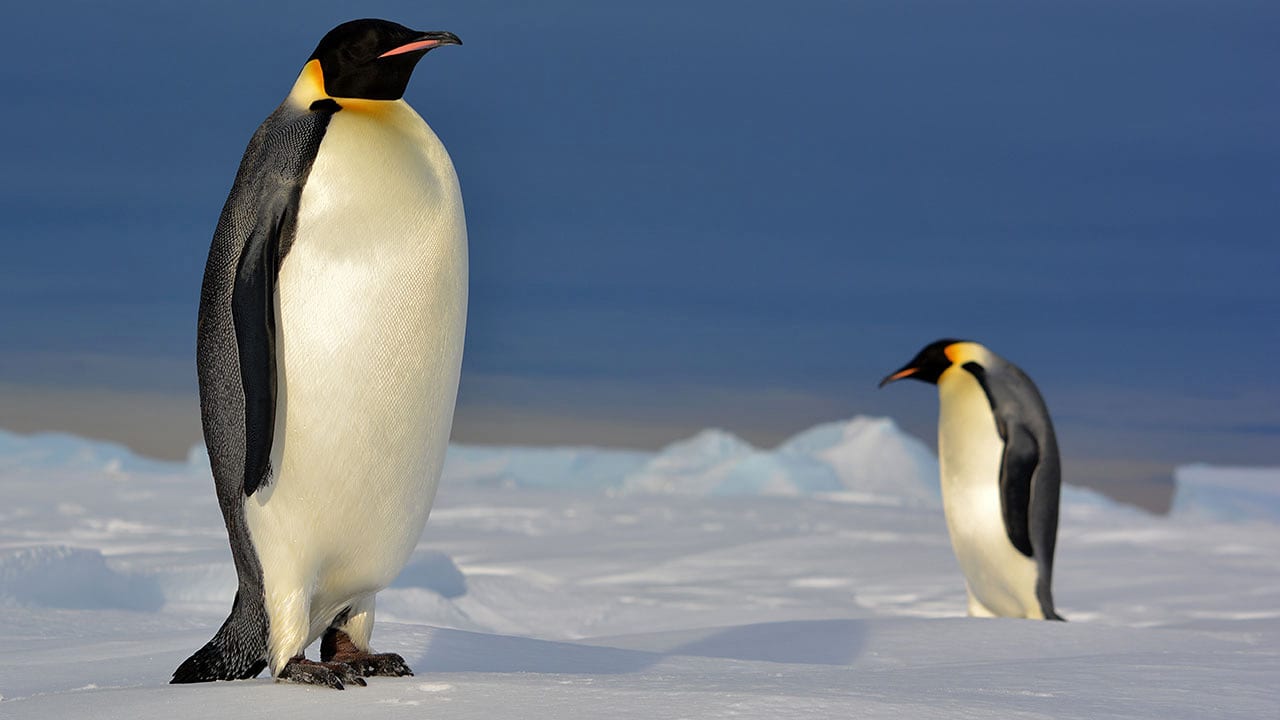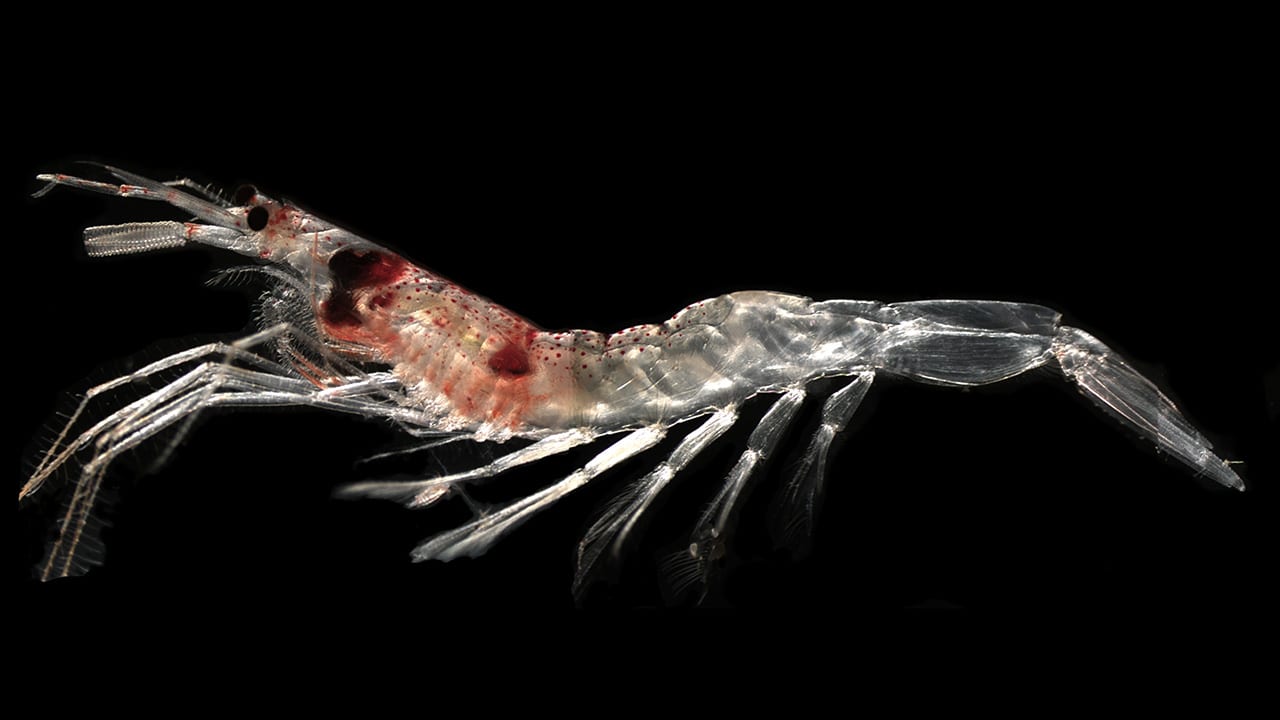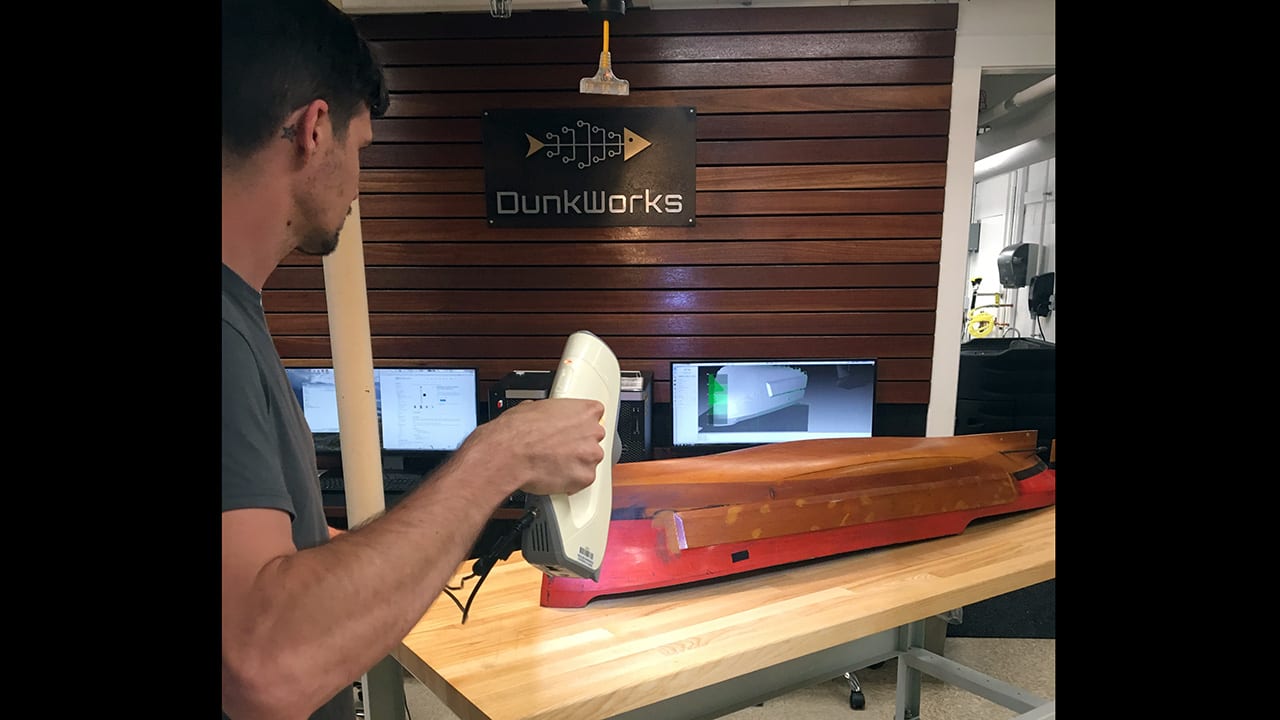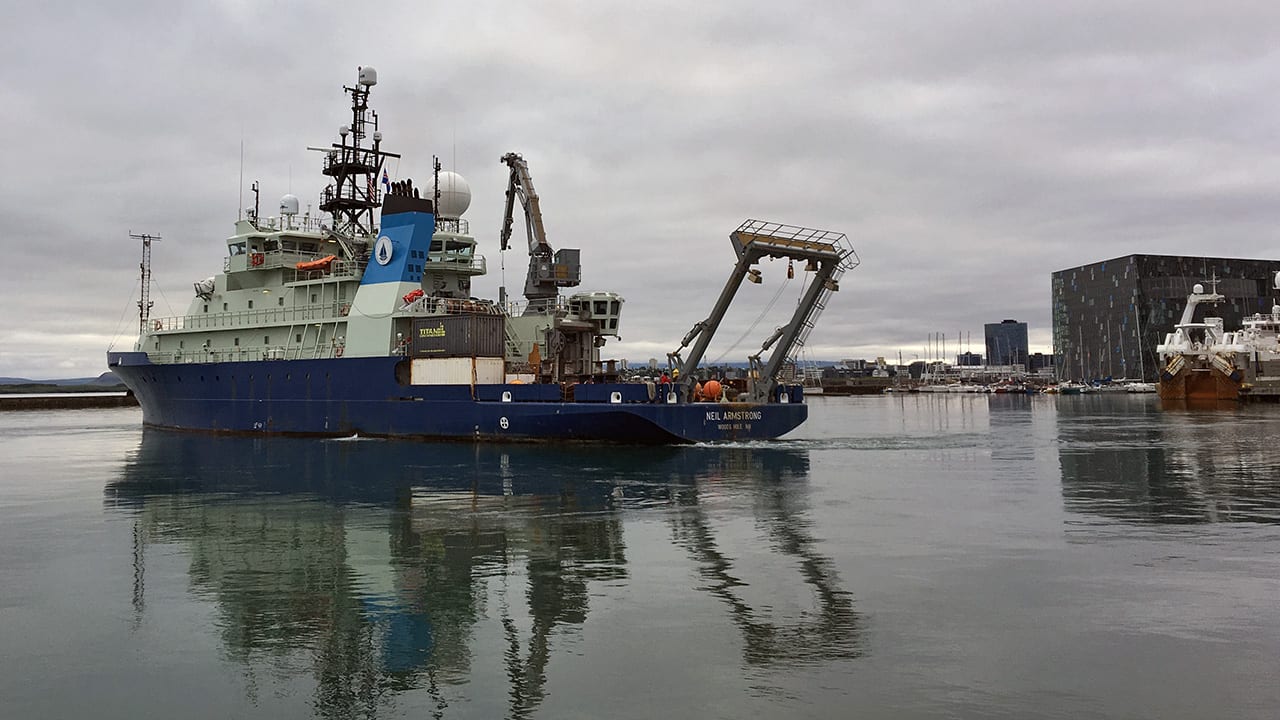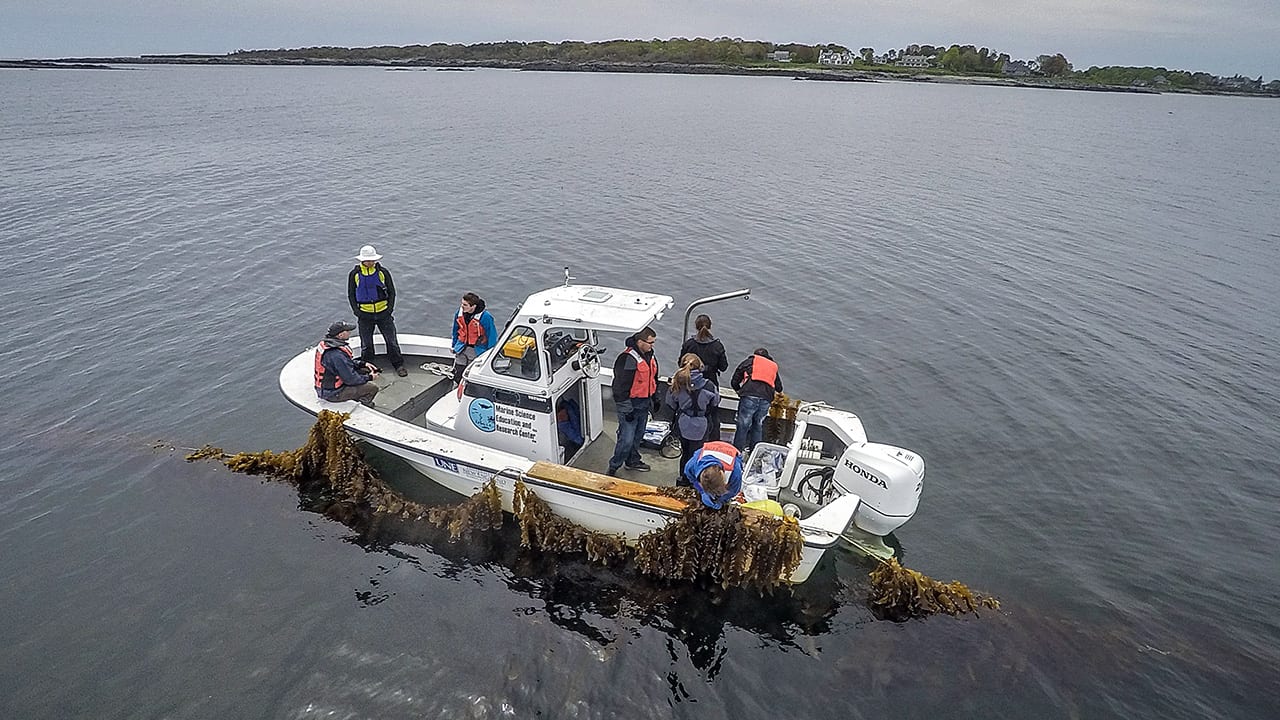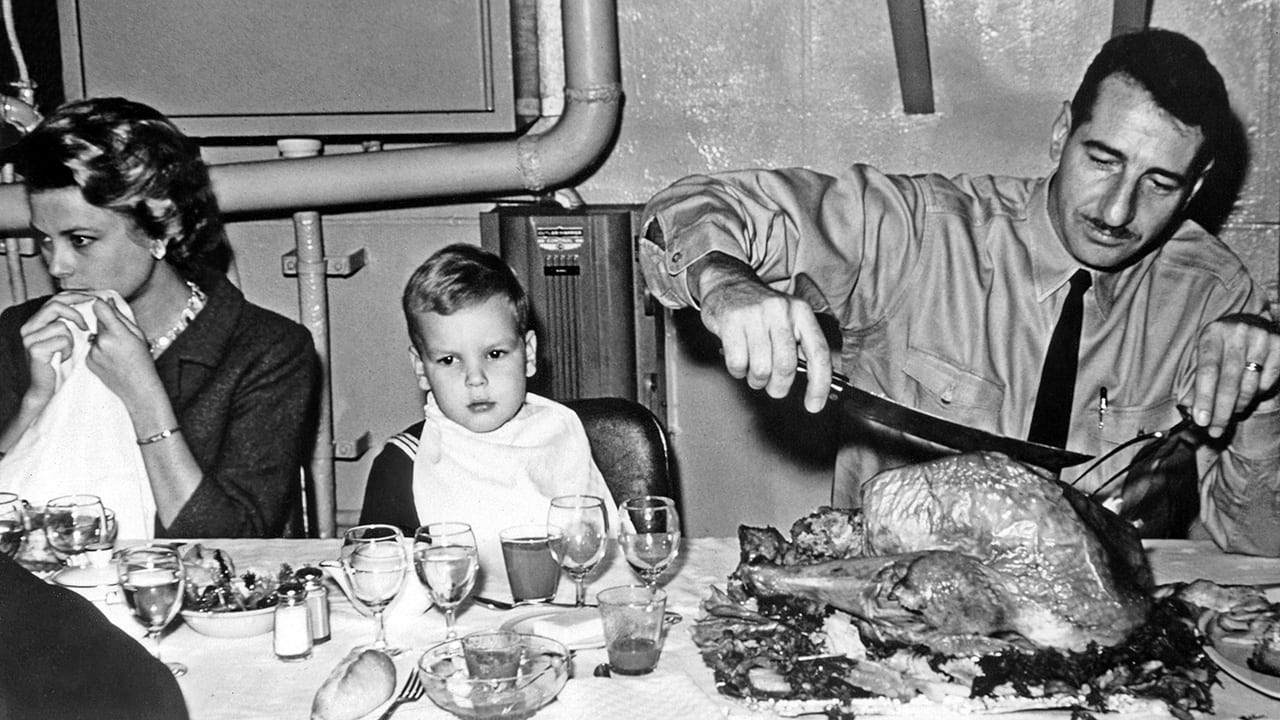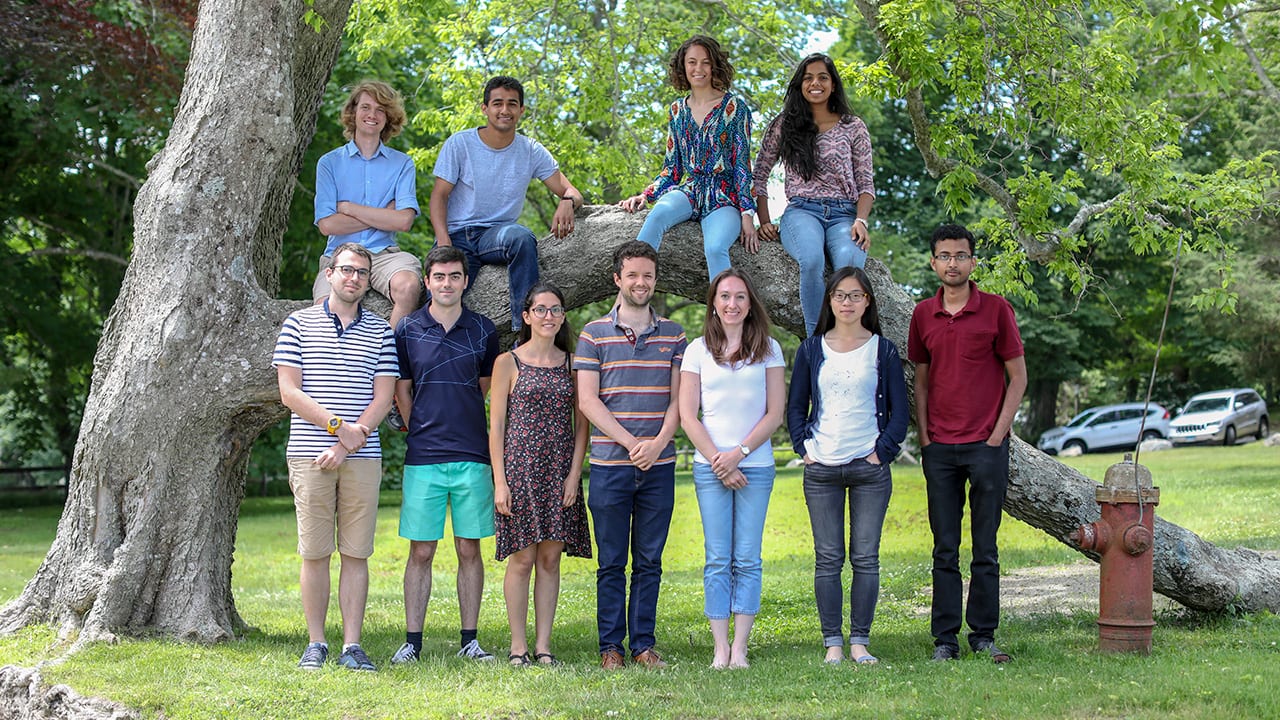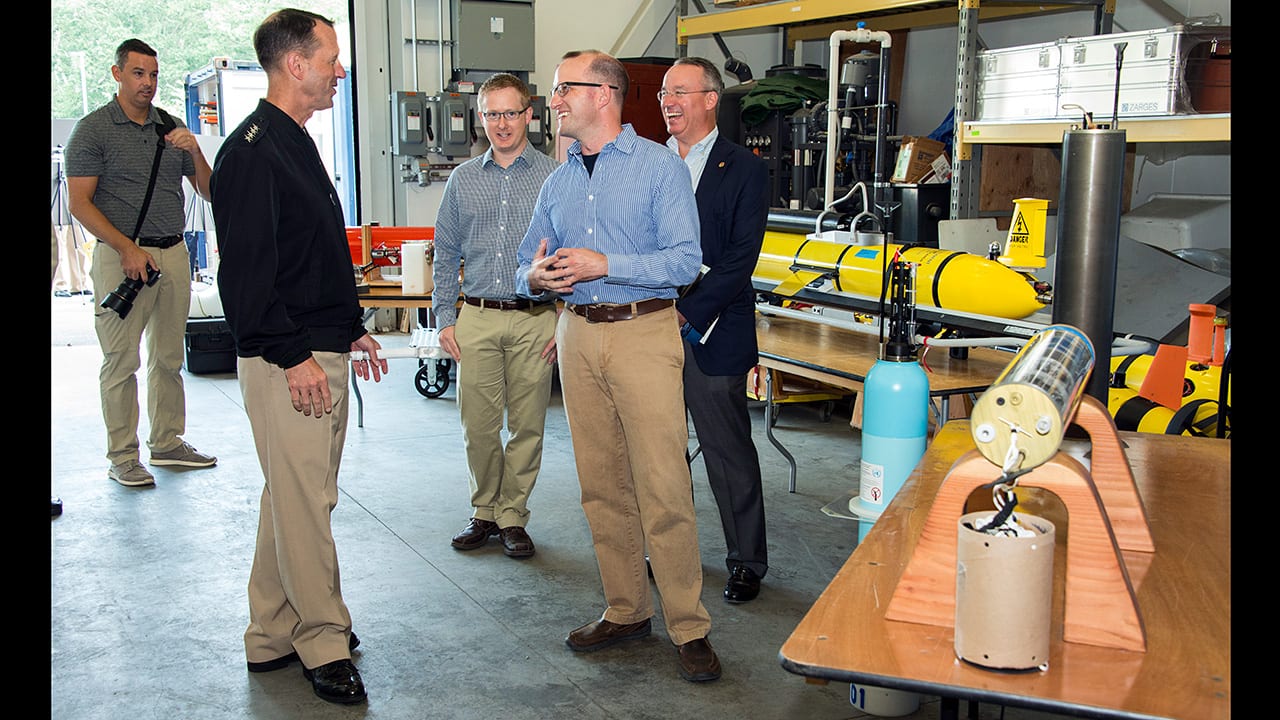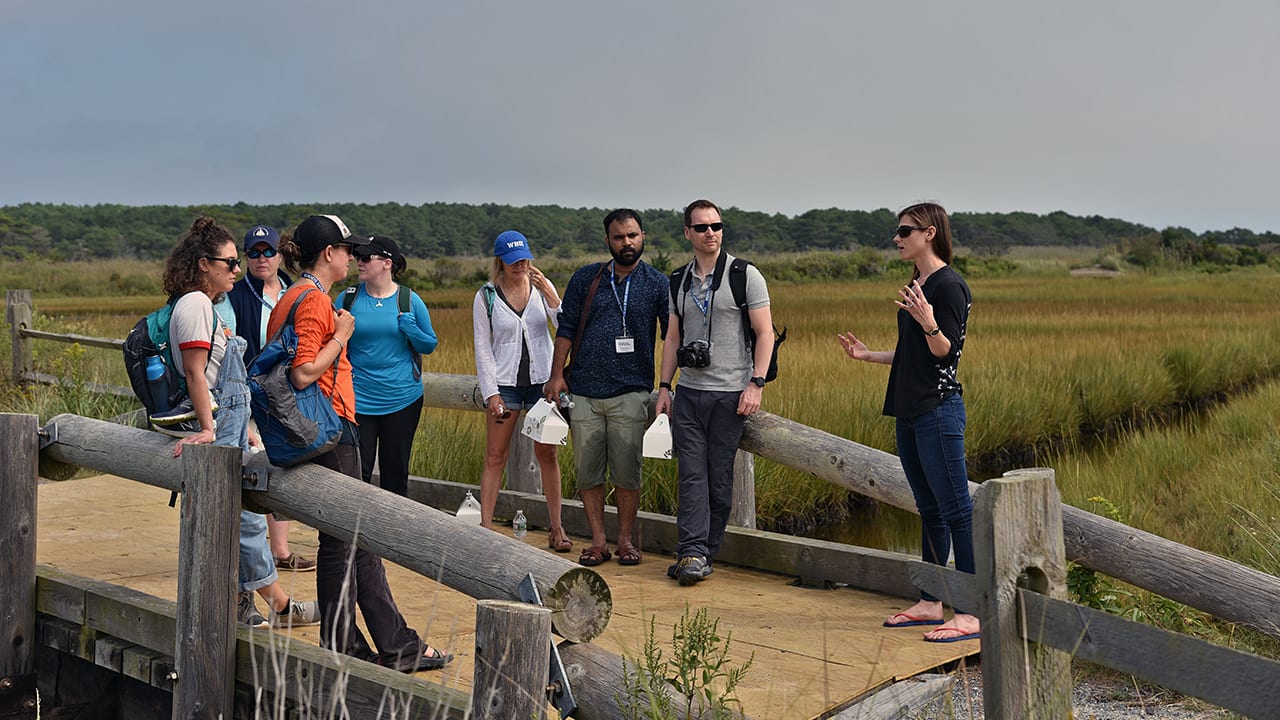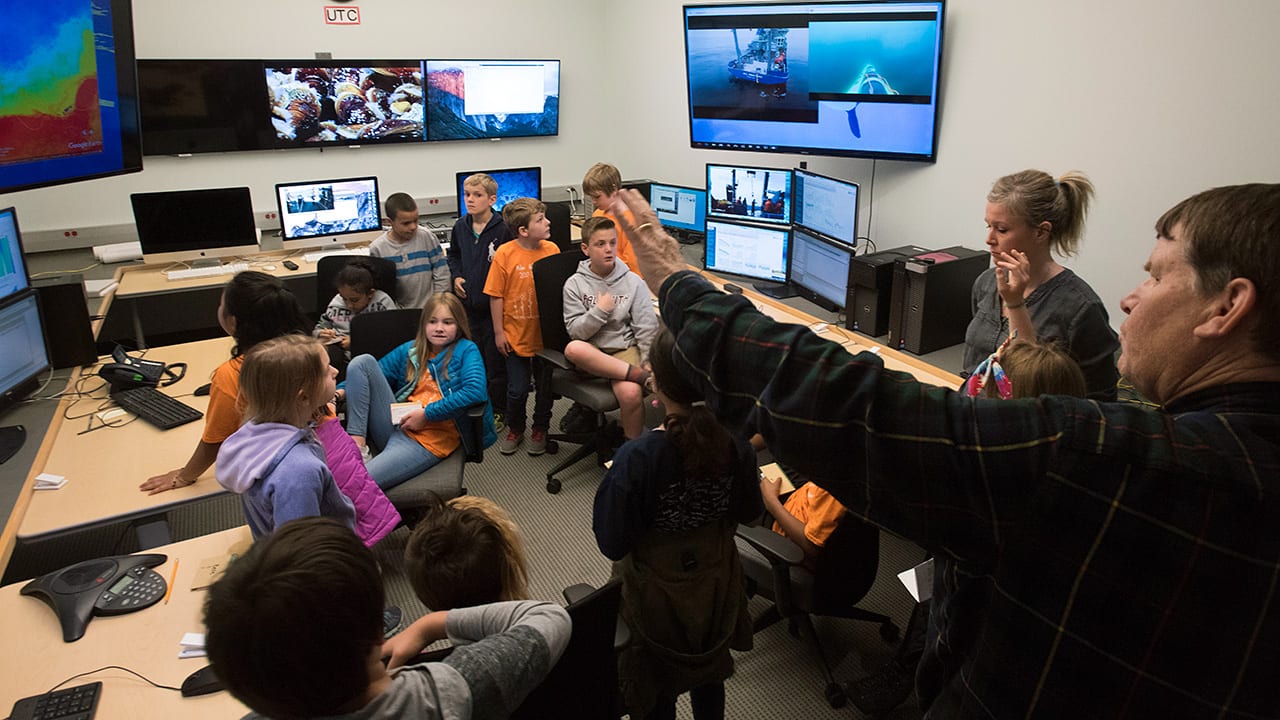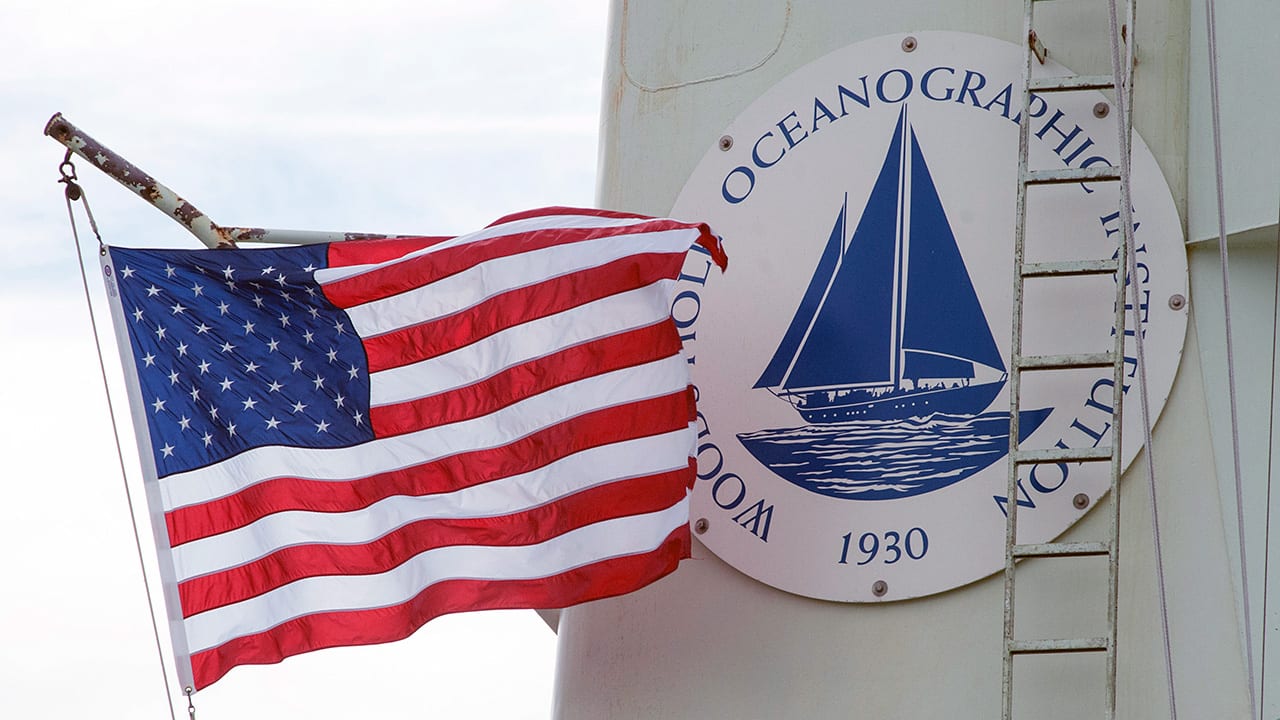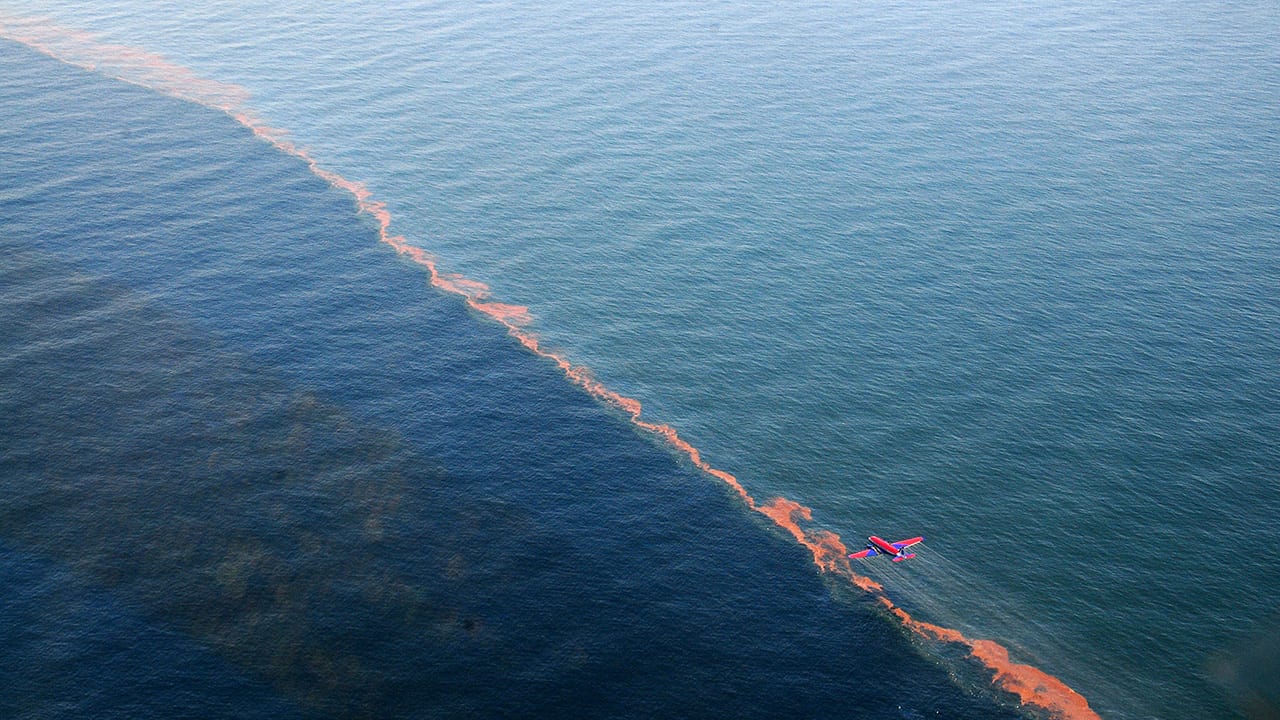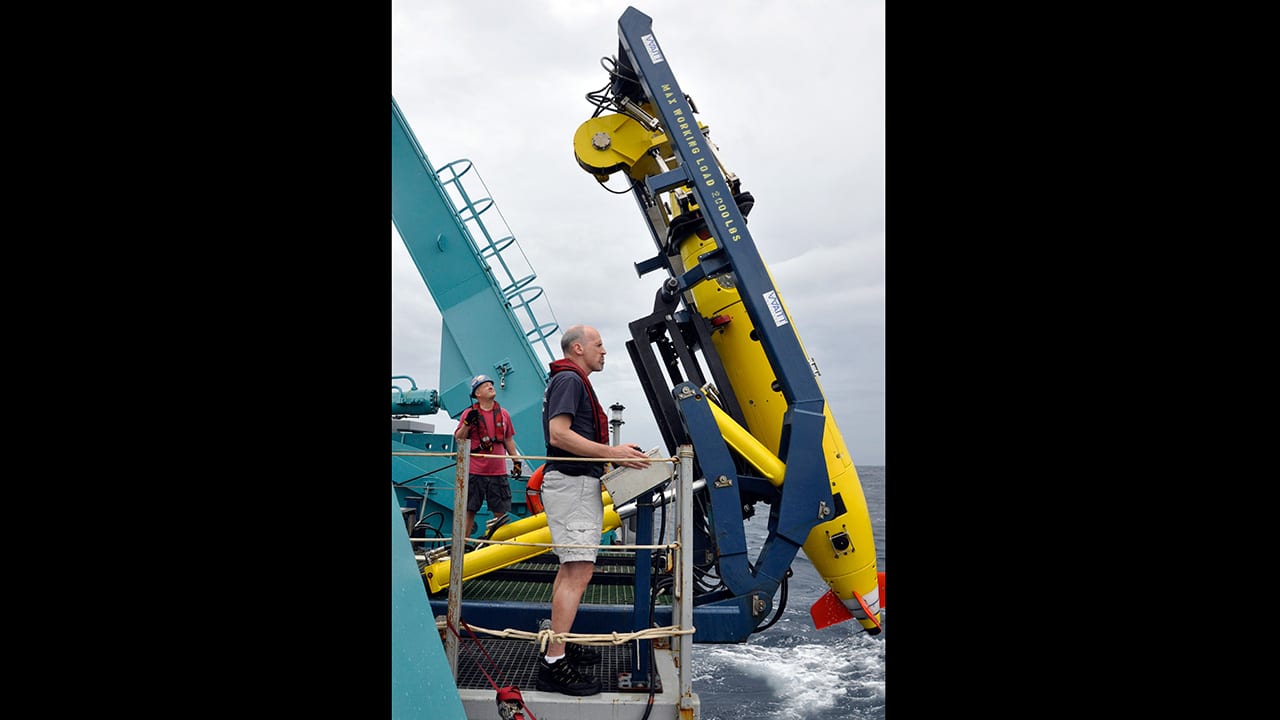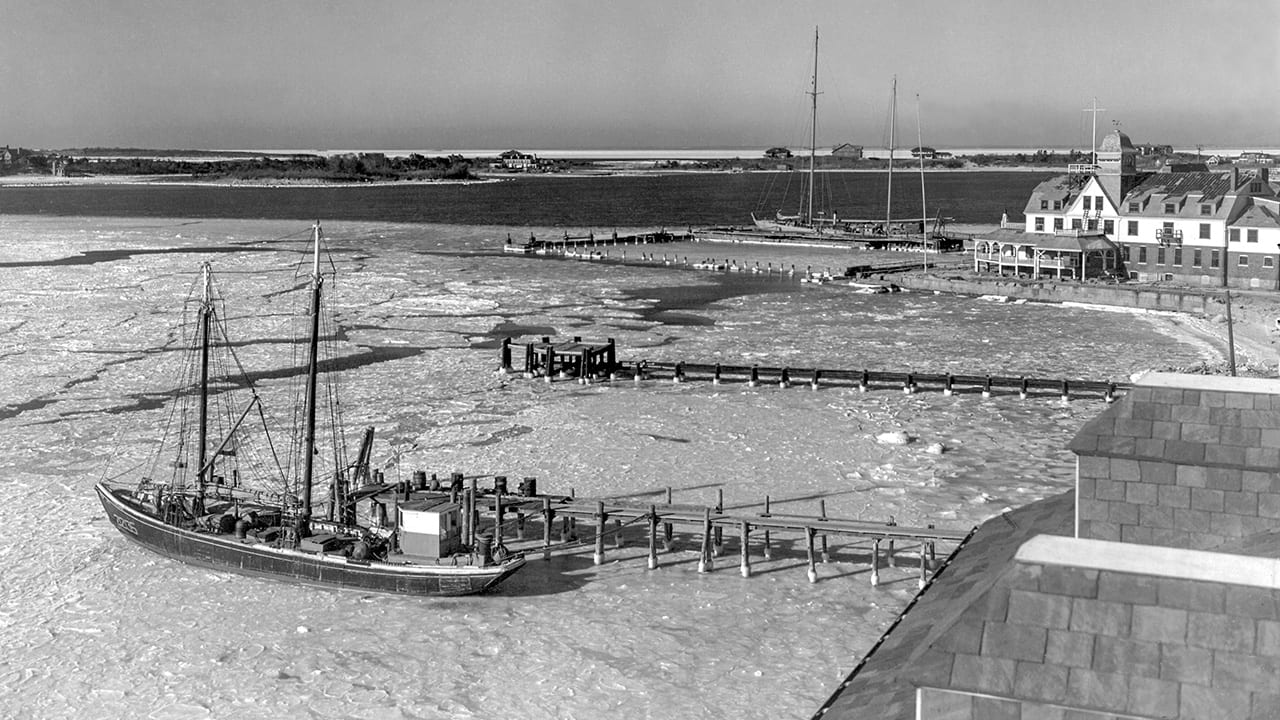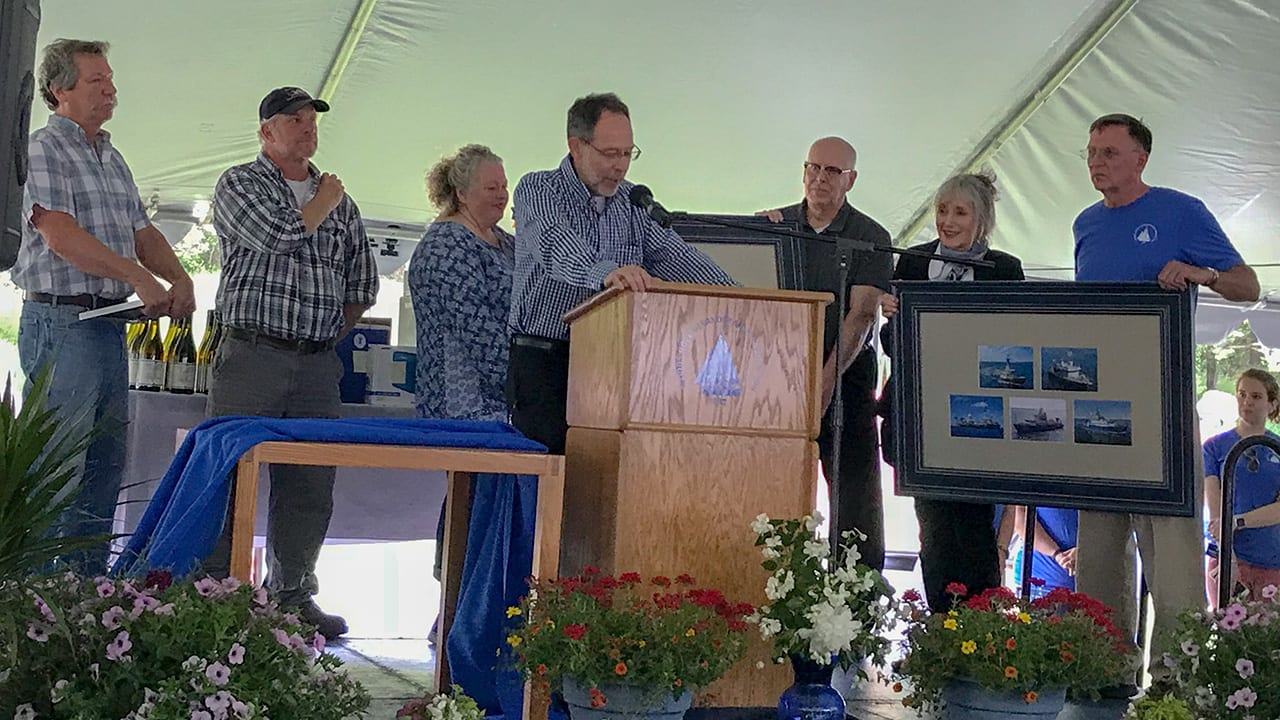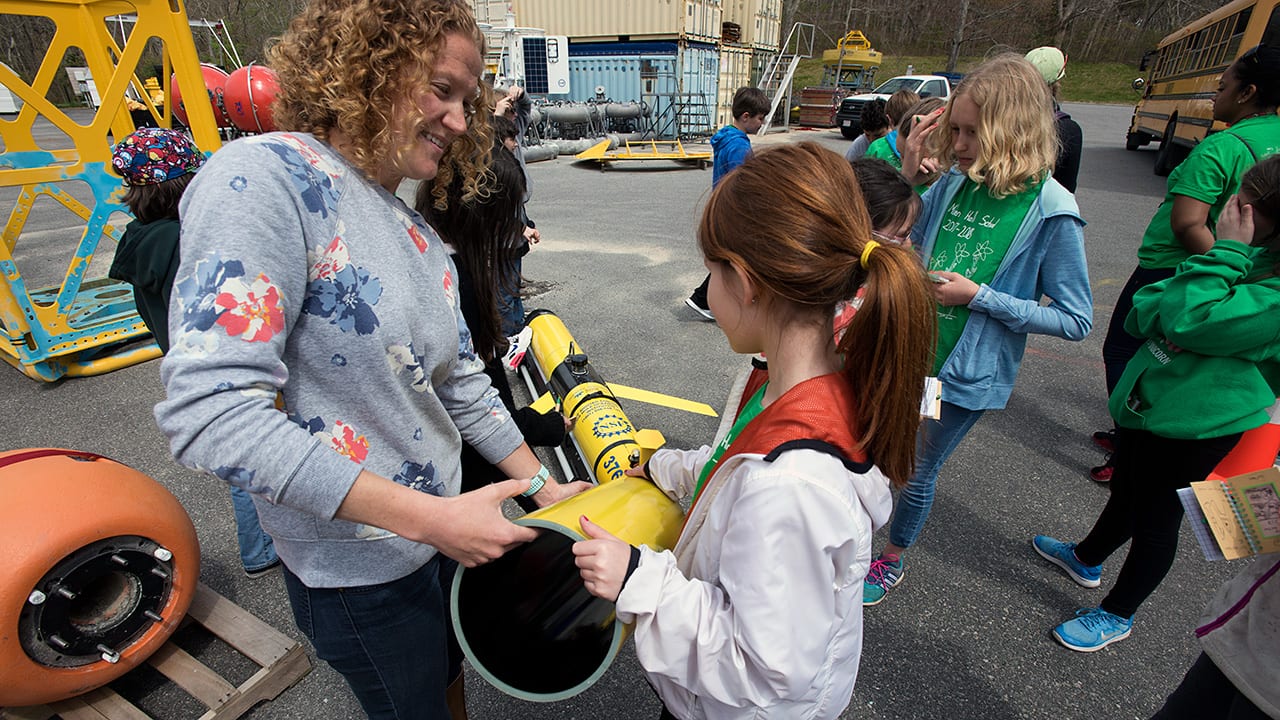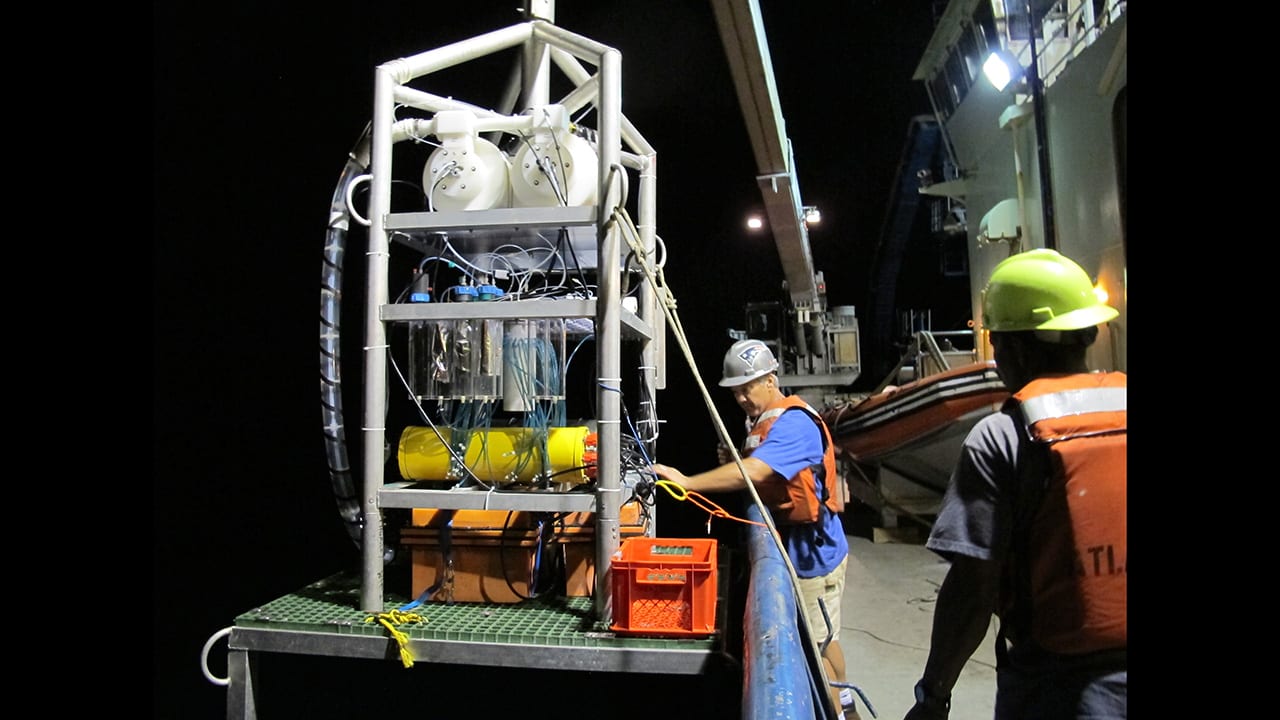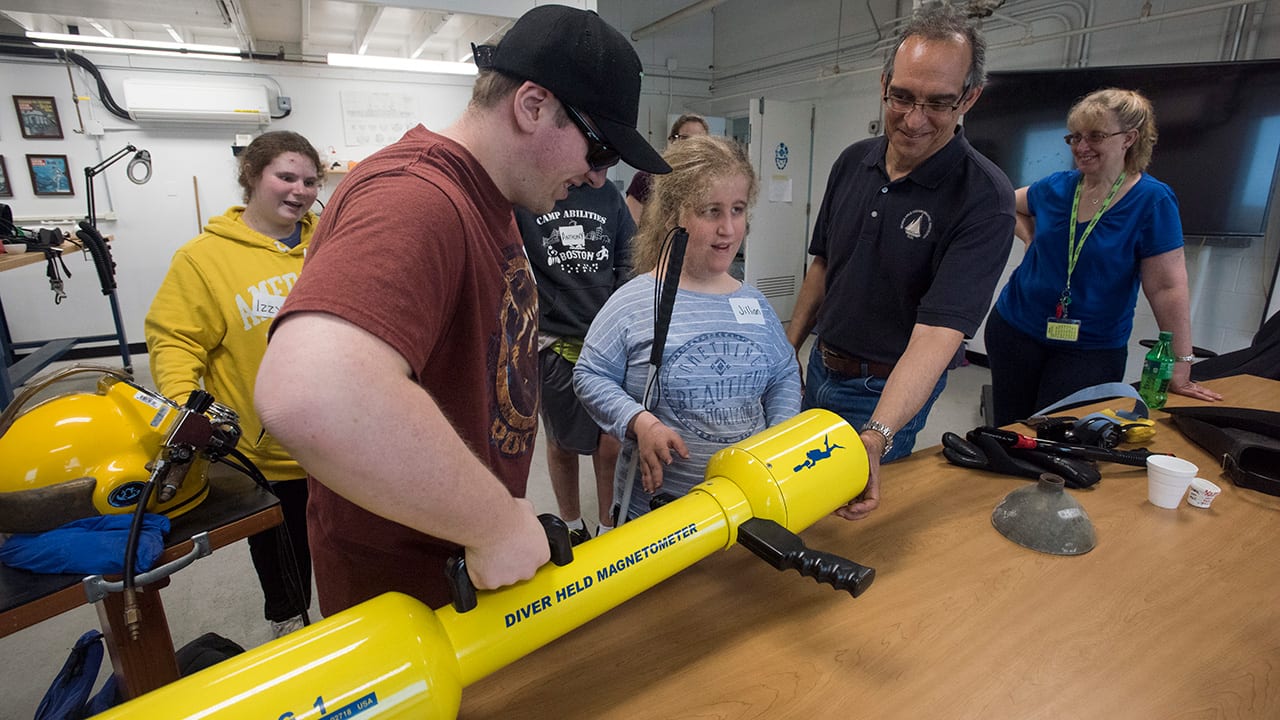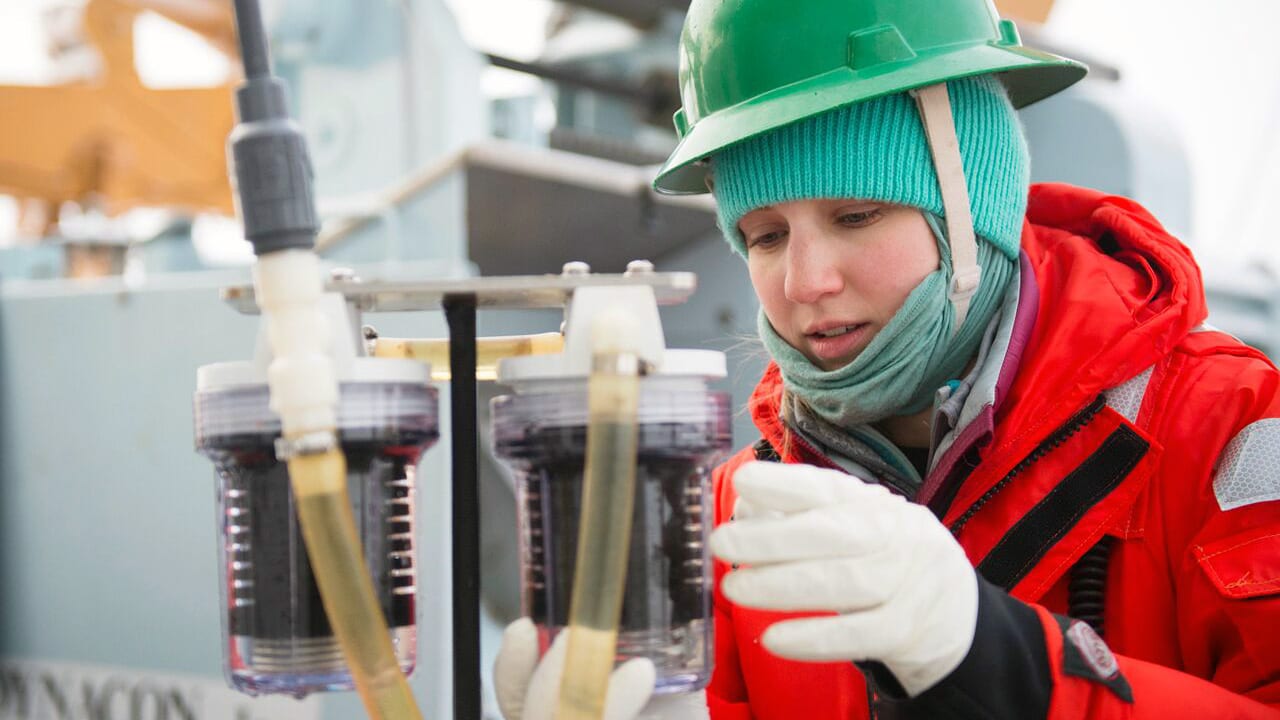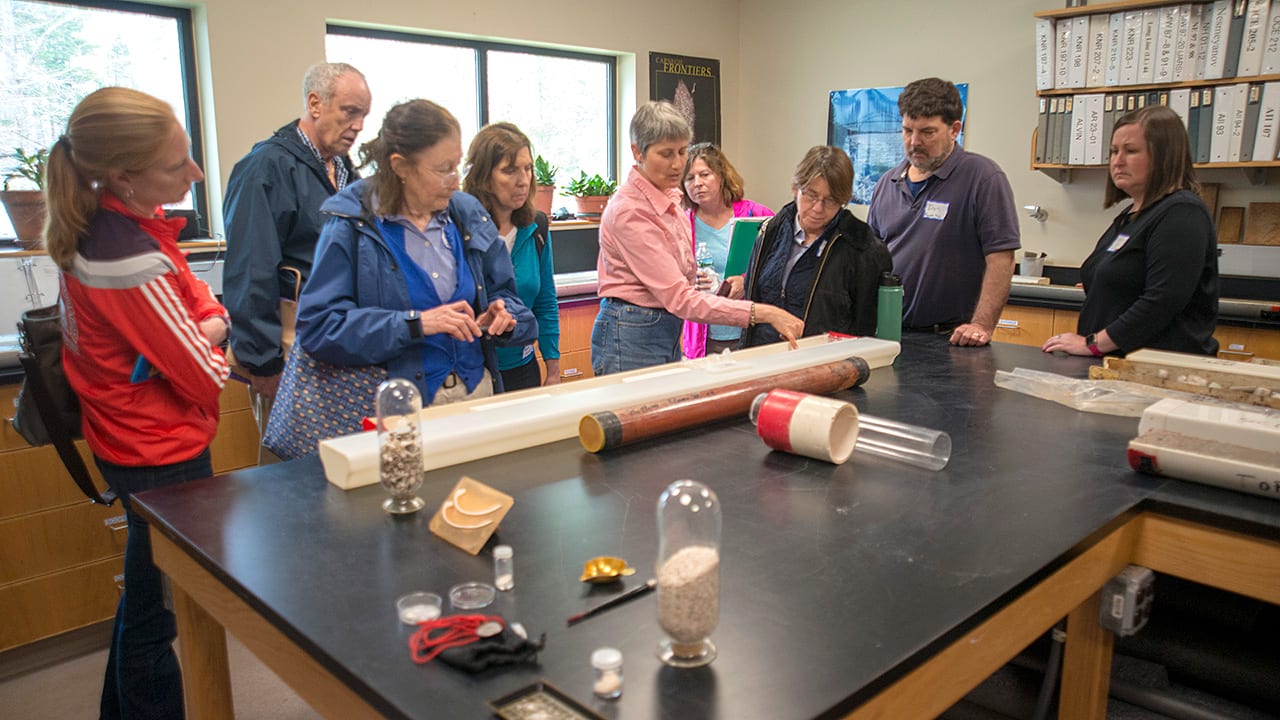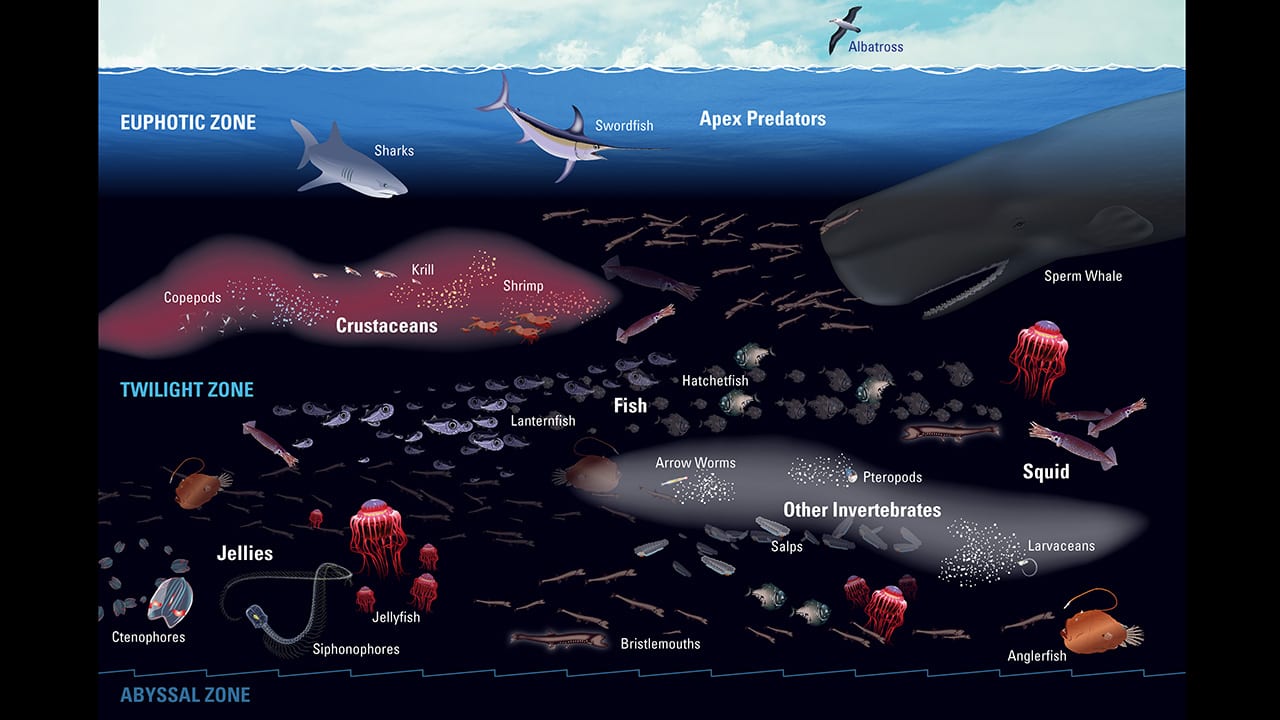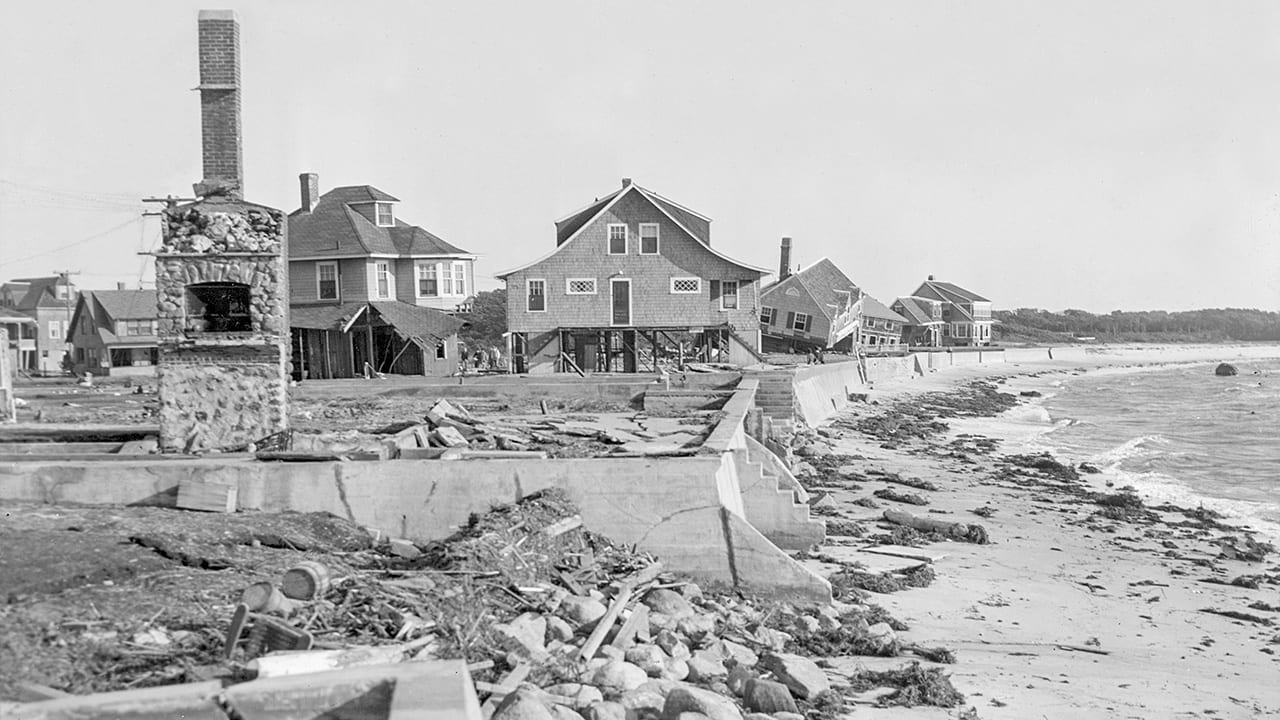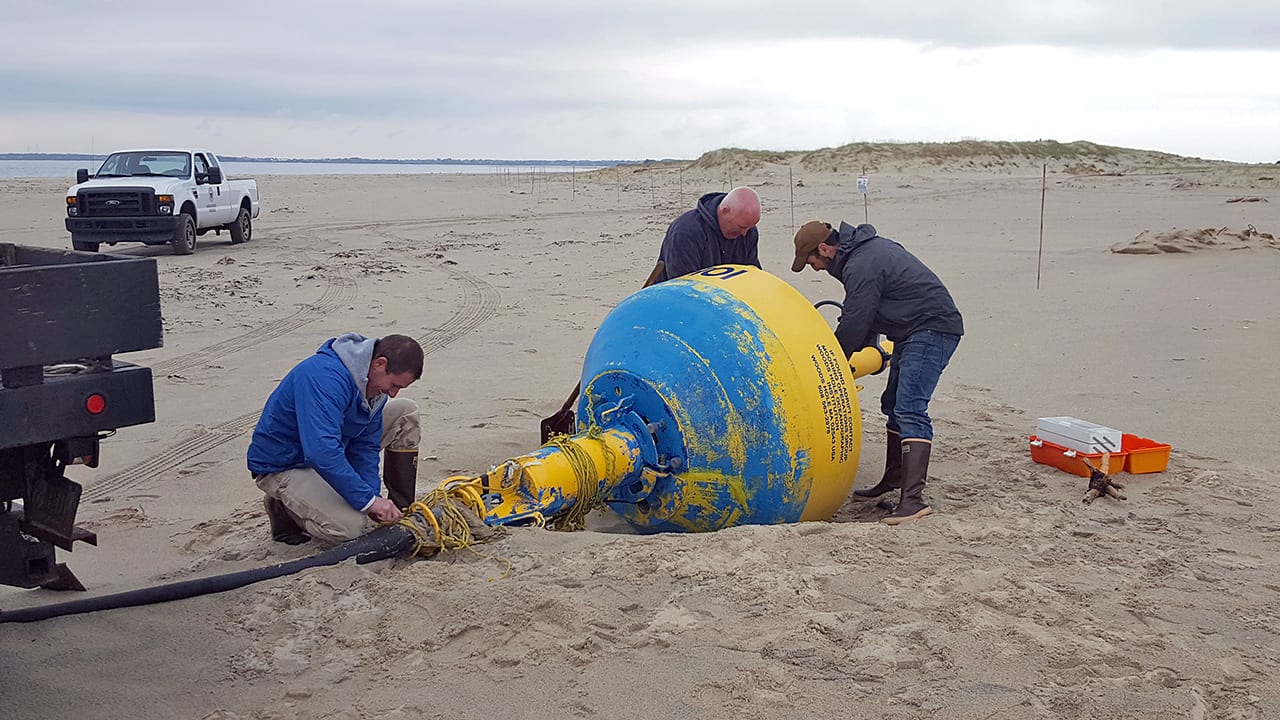Multimedia Items
Cottage Industry
The quaint and venerable Walsh Cottage on the WHOI Village Campus is empty most of the year, but every summer since 1959, it is home to a select group of…
Read MoreAre Emperor Penguins Eating Enough?
Scientists are concerned that as climate change progresses, emperor penguins may not find enough food to build up body fat. This is especially important in the winter when they remain…
Read MoreSpiraling Senses
Roughly the length of an olive, decapods are made up of 20 or more body segments. Among the most eye-catching of these segments is a coiled antenna stemming from its…
Read MoreA Royal Gift
WHOI engineer D.C. Collasius scans a model of the hull of WHOI’s former research vessel Chain in WHOI’s rapid prototyping center, DunkWorks. He made a replica of the ship to…
Read MoreSee You In August
The research vessel Neil Armstrong departed Reykjavik, Iceland, recently to spend the entire month of July in the North Atlantic as part of OSNAP (Overturning in the Sub-Polar North Atlantic Program).…
Read MoreFarming the Seas
Researchers survey a kelp farm run by the University of New England in Saco Bay, Maine, using a REMUS 100, a robotic underwater vehicle (not visible) equipped with specialized sonar,…
Read MoreA Princely Visit
In November 1961, WHOI’s research vessel Chain paid a port call in Monaco, where the royal family accepted Captain Emerson Hiller’s invitation to a Thanksgiving dinner. Seated next to his…
Read MoreGeophysical Fluid Dynamics
Each summer since 1959, a select group of graduate students comes to WHOI to study with leading oceanographers, physicists, and mathematicians in the Geophysical Fluid Dynamics Program. The field focuses…
Read MoreA Visit from the CNO
Admiral John Richardson, the U.S. Navy’s Chief of Naval Operations, visited WHOI in September, 2016, and received a number of briefings on research, technology, and assets sponsored by the Navy,…
Read MoreMarshes in Flux
WHOI biogeochemist Amanda Spivak describes her research to journalists in the WHOI Ocean Science Journalism Fellowship Program, which brings them to WHOI for a week to learn about oceanography and ocean…
Read MoreVisiting Mission Control
Senior Engineering Assistant Brian Kelly and Senior Financial Analyst Kim Sargent give elementary school students from the Mullen-Hall School a tour of the Coleman and Susan Burke Ocean Operations Room…
Read MoreHappy July Fourth!
The Stars and Stripes flies atop WHOI’s former research vessel Knorr. Throughout its 88-year history, WHOI has operated research vessels used by scientists throughout the nation, starting with Atlantis in…
Read MoreA Line of Oil
An airplane sprays chemical dispersants on an oil slick in the Gulf of Mexico during the 2010 Deepwater Horizon oil spill. Dispersants are often used to break oil into small…
Read MoreThe REMUS 6000
WHOI Principal Engineer Mike Purcell (foreground) and Research Specialist Mark Dennett work with the REMUS 6000, an autonomous underwater vehicle, on a 2011 cruise that located the wreckage of Air…
Read MoreWoods Hole History
It’s summer in Woods Hole, Mass., with plenty of opportunities to enjoy the outdoors and even learn a little about the fascinating ocean science that goes on here. But in…
Read MoreFair Winds and Following Seas
Members of the WHOI Port Office, who manage the operations of WHOI’s ships, gather on stage as Rob Munier, vice president for marine facilities and operations at WHOI (at podium)…
Read MoreGetting a Grip on Gliders
Senior engineering assistant Diana Wickman shows part of an ocean glider to elementary school students from the Mullen-Hall School in Falmouth, Mass., during their annual Green Bus tour. Gliders and…
Read MoreSID Goes to the Seafloor
Bosun Patrick Hennesey (left) and Ordinary Seaman Clindor Chacho begin to lower an instrument called Vent-SID on a cable to the seafloor from the research vessel Atlantis. WHOI microbiologists Craig…
Read MoreMagnetic Technology
WHOI engineer David Fisichella shows a handheld magnetometer to students from the Perkins School for the Blind during a visit to WHOI earlier this month. Research divers use the instrument to detect metallic objects…
Read MoreArctic Changes
Lauren Kipp, a graduate student in the MIT-WHOI Joint Program, spent 65 days on the U.S. Coast Guard icebreaker Healy in the summer of 2015, measuring levels of radium-228 across…
Read MoreCore Curriculum
WHOI researcher Ellen Roosen (center) gives science teachers a tour of the WHOI Seafloor Samples Laboratory. She explained how WHOI scientists recover cores of seafloor sediments and corals, which preserve…
Read MoreLife in the Twilight Zone
The ocean twilight zone—200 to 1,000 meters (660 to 3,300 feet) beneath the surface—teems with life. Spanning the entire world, its waters are vast, dimly lit, and under crushing pressures.…
Read MoreImproving Hurricane Prediction
A view of Silver Beach in North Falmouth, Mass., after the hurricane of 1938 is a reminder of the damage hurricanes can cause. Jeff Donnelly and colleagues in the WHOI…
Read MoreLost and Found Buoy
WHOI technicians Jim Ryder (left) and Jeff Pietro (right) in the WHOI Mooring Operations and Engineering Group, and Kris Newhall (center) traveled to the most western side of Smith Point,…
Read More
